Tracking your keyword rankings is a fundamental aspect of SEO that helps you understand the impact of your optimisation efforts. This blog post outlines the options and guides you toward gaining clarity in your SEO journey.
Beyond Vanity Metrics: Why Keyword Tracking Impacts Your SEO Journey (Without Feeling Overwhelmed)
Keyword tracking helps you monitor your competitors.
Not only that, knowing where your keywords stand in search engine results is more than just a feel-good metric; it’s the blueprint for your strategic growth.
The benefits of tracking keyword rankings include:
- Keep tabs on your SEO progress.
- Spot opportunities to refine your content for specific keywords.
- Stay in tune with your competitor’s tactics.
- Avoid the pitfalls of viewing rankings as the only measure of success.
- Measure your ongoing SEO efforts effectively.
- Improve content strategy with focused keyword targeting.
- Gain insights into competitive landscapes.
- Keyword Performance Tracking
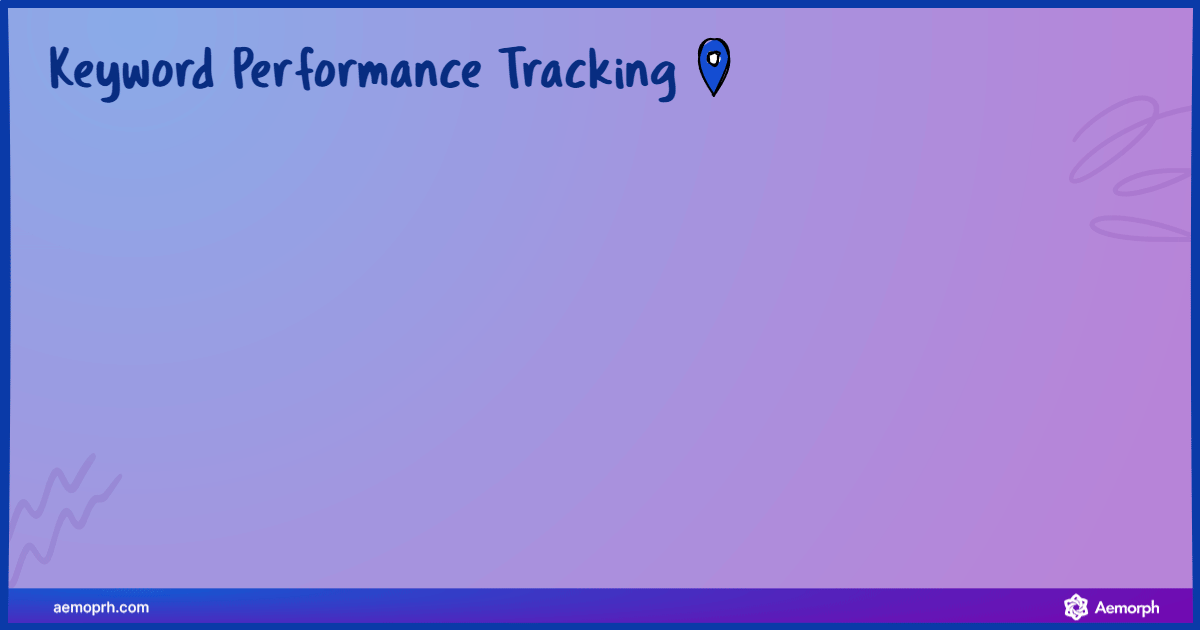
(Following keyword tracking will benefit the SEO process by almost 50%)
Free or Paid? Choose Your Weapon: 5 Diverse Methods for Tracking Keyword Rankings
Choosing the best method to track your keywords can vary depending on 3 factors:
- How much are you willing to spend?
- What level of detail do you require from your tracking data?
- Are you technically adept or prefer a user-friendly interface?
- Do you need to manipulate the data?
- Do you need to integrate it with another software or platform?
Experiment and iterate as your needs mature over time.
Below are 5 different methods you can consider.
Method 1: Free Google Search Console
Google offers its tool for website owners to monitor their performance in search results. Get started with baseline insights, such as where your pages are ranking for specific queries. Free Google Search Console is a powerful tool that helps you track keyword rankings and improve your website’s performance. Here are five ways you can make the most of it:
- Verify your website: Start by verifying your website in Google Search Console. This process confirms that you are the owner and gives you access to valuable data.
- Submit your sitemap: Submitting your website’s sitemap to Search Console helps Google understand the structure and content of your site. It ensures that your pages are properly indexed and improves your chances of ranking well.
- Monitor keyword performance: Use the Performance report in Search Console to track the performance of your keywords. Identify which keywords are driving traffic to your site and optimise your content accordingly.
- Analyse search queries: The Search Console provides insights into the search queries that are triggering your website to appear in search results. Use this information to understand user intent and tailor your content to meet their needs.
- Identify ranking opportunities: Search Console allows you to identify keywords that your site ranks for but may not be optimising. Find the unseen potential by optimising these pages to improve their rankings and increase organic traffic.
2. Google Search Console Overview
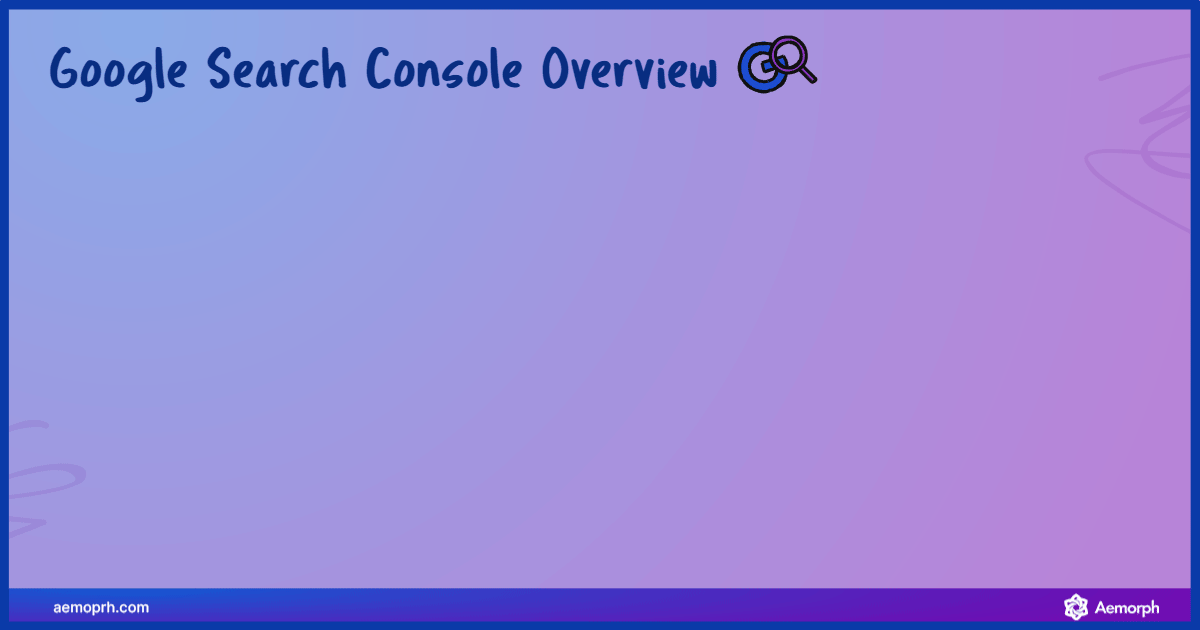
(GSC is available free for every user, GSC will give you a matrics of your website and let you know what is the problem with your website)
By leveraging the features and data available in the Free Google Search Console, you can effectively track keyword rankings and optimise your website for better visibility and performance.
Method 2: Free SEO Toolbar Extensions
Integrate powerful SEO toolbars into your browser to get quick insights on the fly. The Ahrefs SEO Toolbar and MozBar are just two examples that can help you glimpse your search engine standings.
SEO toolbars are invaluable assets that install directly into your browser, providing you with instant SEO metrics for the pages you visit. Their utility in keyword ranking tracking cannot be overstated, as they streamline the data-gathering process, enabling you to make strategic, data-driven decisions on the fly. Here’s how they help track keyword rankings:
3. Detailed SEO Tool Bar Extension
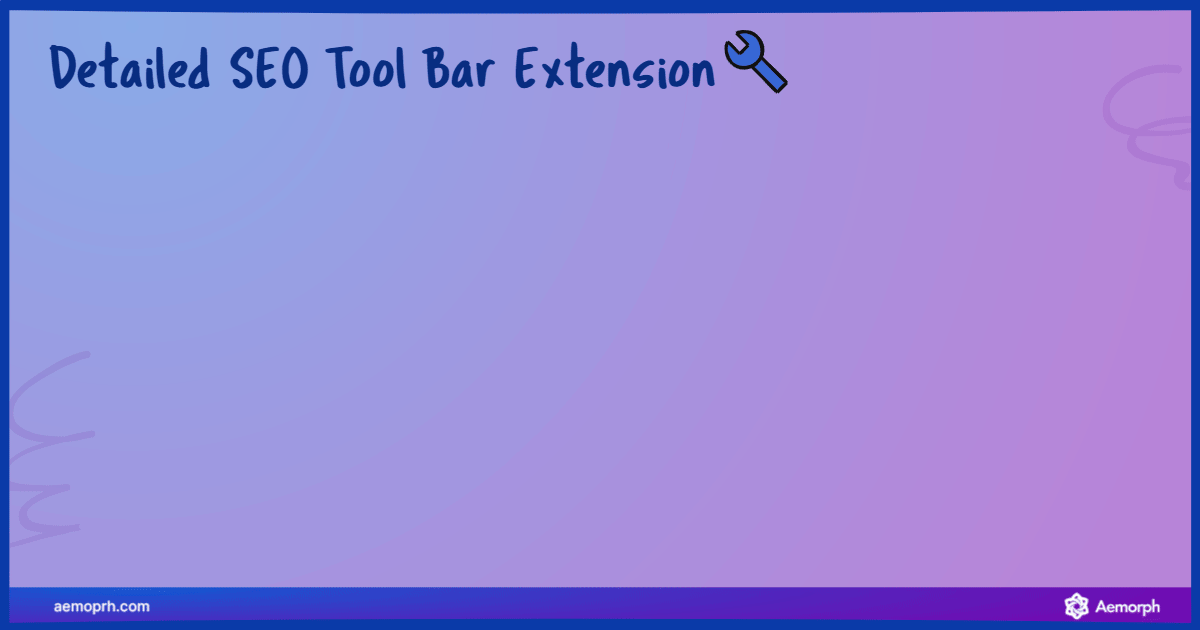
(Some extension toolbars will let you access information about SEO)

(Many toolbars provide SEO pieces of knowledge, be careful with what you are choosing with your browser because it can mess up your speed and your measuring)
- Instant Page Analysis: With a single click, these toolbars reveal important SEO information about the page you’re viewing, such as metadata, page elements, and keyword usage, allowing you to assess how well-optimized the site is for your targeted keywords.
- SERP Position Tracking: When you perform a search, SEO toolbars can display the ranking position of each website for specific keywords directly in the search engine results pages (SERPs), making it easy to track changes over time.
- Backlink Data: Understanding the link profile of your site and those of your competitors is pivotal. SEO toolbars show the number and quality of backlinks, which is influential in search rankings and gives insights into how keyword rankings could be improved through better link-building strategies.
- Domain and Page Authority Scores: These toolbars often provide quick access to proprietary metrics like Domain Authority (DA) and Page Authority (PA) which indicate the strength and ranking potential of a website or webpage for particular keywords.
- On-Page Highlighting: Keywords can be highlighted on any page you’re analysing, helping to visualise keyword distribution and prominence, thereby ensuring that your keywords are appropriately incorporated to boost SEO rankings.
Toolbars like the Ahrefs SEO Toolbar and MozBar democratise SEO, making important ranking indicators readily accessible, thus equipping website owners and content creators with the knowledge to push their keyword rankings higher in search engine results.
Method 3: Paid Keyword Rank Tracking Tools
Invest in a professional tool for in-depth analysis, competitor insights, and historical ranking data. SEMrush and Ahrefs offer comprehensive solutions for those looking to invest in their SEO monitoring.
Paid keyword rank tracking tools such as SEMrush and Ahrefs are designed for those committed to in-depth analysis, requiring comprehensive views of their site’s SEO performance including the competitive environment. These professional tools bring several advantages to the table:
- Historical Data Analysis: Gain access to historical ranking data, which allows you to identify trends and seasonal fluctuations in keyword performance. This feature is pivotal for understanding and strategising around long-term SEO movements.
- Competitor Tracking: Get in-depth insights into your competitors’ keyword performance. Understand which keywords they’re ranking for and how their positions have changed over time, giving you the competitive edge in tailoring your SEO strategy accordingly.
- Comprehensive Reporting: Create detailed reports that offer visual presentations of keyword ranking performance across different search engines and geographical locations — important for businesses targeting multiple markets.
- Keyword Rank Alerts: Set up custom alerts to be notified when there are significant changes in keyword ranking so that you can respond promptly to any potential issues or opportunities.
- Integrated SEO Audits: Utilize robust site audit features that help you track keyword rankings and identify and fix on-page SEO issues that can impact your overall ranking performance.
With these professional tools, businesses can take a proactive and sophisticated approach to monitor and enhance their search engine presence. They provide the depth and breadth of data required for an actionable SEO strategy.
4. Paid Keyword Tools Give More Options and Functions
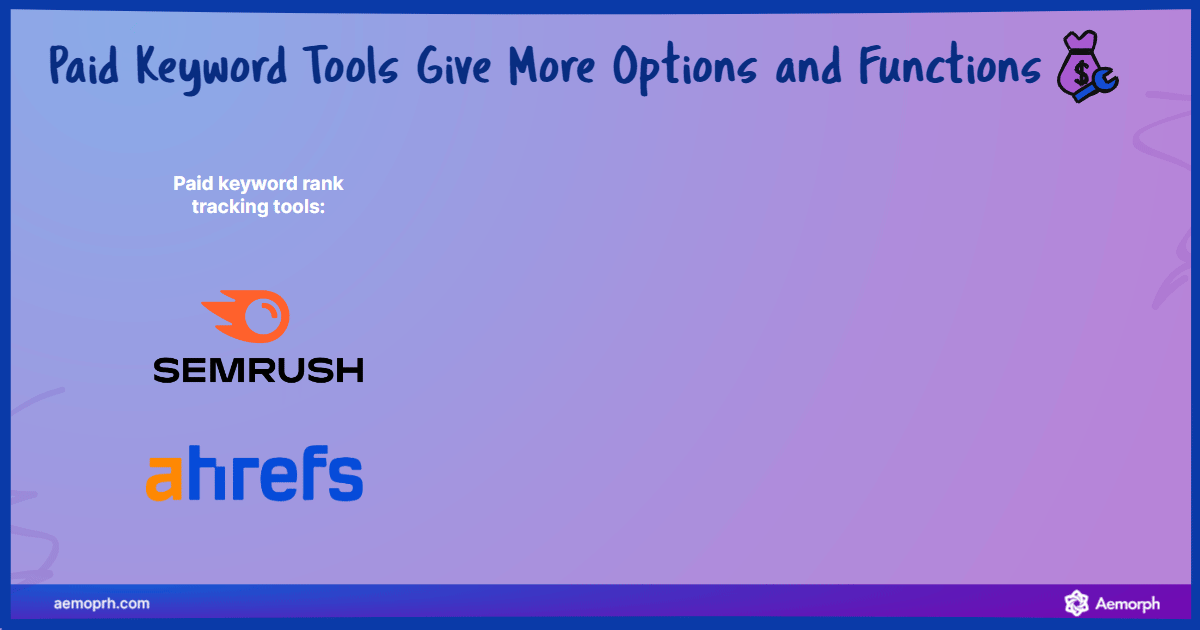
(Paid tools will give you more options to work with and give more detailed numbers)
Method 4: Manual Rank Tracking
Document your rankings manually to understand the fluctuations in your keyword positioning. This method can be time-consuming but is customisable to your specific needs.
Manual rank tracking involves recording and analysing your keywords’ positions in the SERPs manually. It is a hands-on approach that allows for a bespoke analysis tailored to specific requirements and objectives. Here are several ways manual rank tracking can be beneficial and how to conduct it effectively:
- Custom Tracking Frequency: Track rankings based on your schedule or keyword volatility.
- Segmented Data Analysis: Divide your keyword sets into categories (like product types or service lines) to track and analyse their performance separately for more refined insights.
- Personalised Reporting: Create custom reports on key metrics relevant to your goals.
- SERP Feature Monitoring: Keep an eye on SERP features like featured snippets, local packs, or image carousels that are influenced by your keywords, and note any changes that might affect click-through rates.
- Localised Results Tracking: Manually check rankings across different locations especially if your business targets multiple geographic regions, to see how well your pages are performing in each area.
Manual tracking, while time-intensive, presents a high level of control and personalisation in how keyword data is recorded and interpreted, which can be particularly useful for specialised campaigns or niche markets.
5. Manually Tracking The Numbers
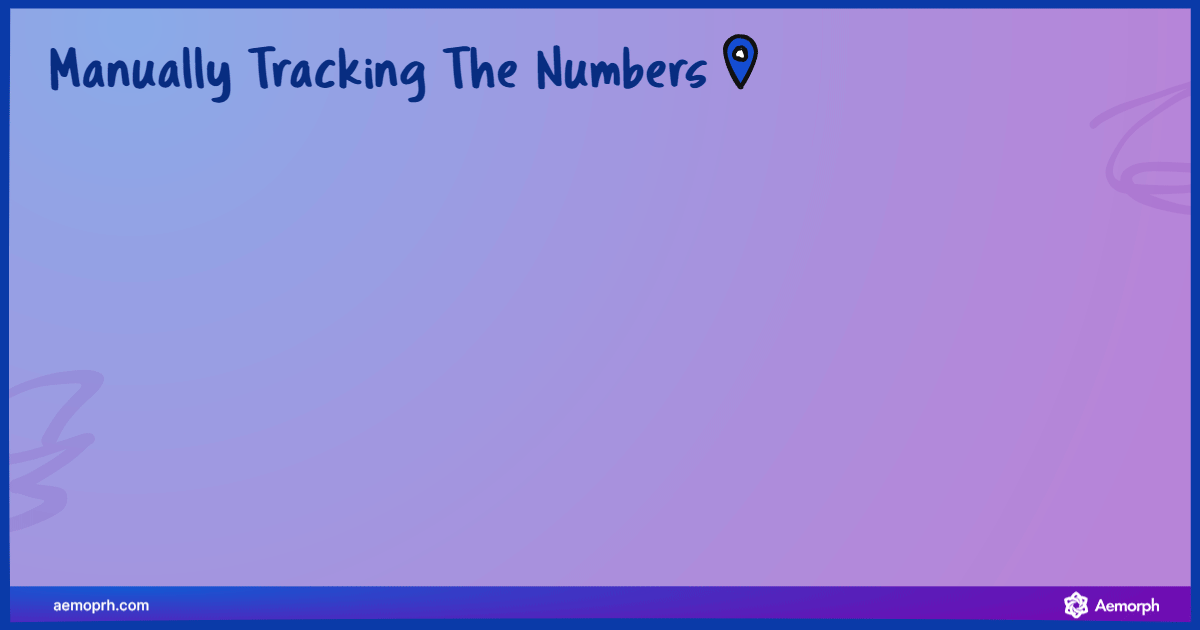
(Some data from the tools will not always give you the answer, you will be able to track the numbers by yourself for the specific details of your website such as visitors and comments)
Method 5: Combine & Conquer
Mix and match these methods based on your unique requirements. Balancing paid tools with free solutions and manual checks can provide a well-rounded view of your keyword performance.
Utilising the “Combine and Conquer” method for tracking keyword rankings allows for a multi-dimensional approach that is adaptable to various goals and resources. By integrating different tools and techniques, one can develop a robust SEO tracking strategy that offers comprehensive insights. Here’s how this can be accomplished:
- Strategic Allocation of Resources: Allocate your budget efficiently by using both free and paid tools strategically — invest in paid tools for a search into analytics while using free tools for routine tracking and spot checks.
- Comprehensive Data Collection: Combining methods means you’re gathering data from multiple sources, which gives you a richer, more diverse dataset for analysis. This can lead to a better understanding of your SEO performance from different perspectives.
- Flexibility in Frequency and Depth: Match tracking frequency and depth to the importance of keywords. Use manual tracking for high-value keywords while relying on automation for others, which can save time while keeping you informed on key metrics.
- Cross-validation of Data: Confirm the accuracy of data by cross-referencing between tools. If discrepancies arise, you can quickly pinpoint potential inaccuracies or changes in algorithm scoring across different platforms.
- Adaptation to Market Changes: By combining methods, you can rapidly adapt to search engine algorithm updates or market changes, using the most responsive tool or method to ensure that your SEO strategy remains effective and your keyword ranking is current.
By synthesising these different approaches, you can create a tailored and highly effective keyword ranking tracking system that provides both the broad overview necessary for strategic decisions and the granular detail needed for tactical adjustments.
6. Combining Your Result and Numbers
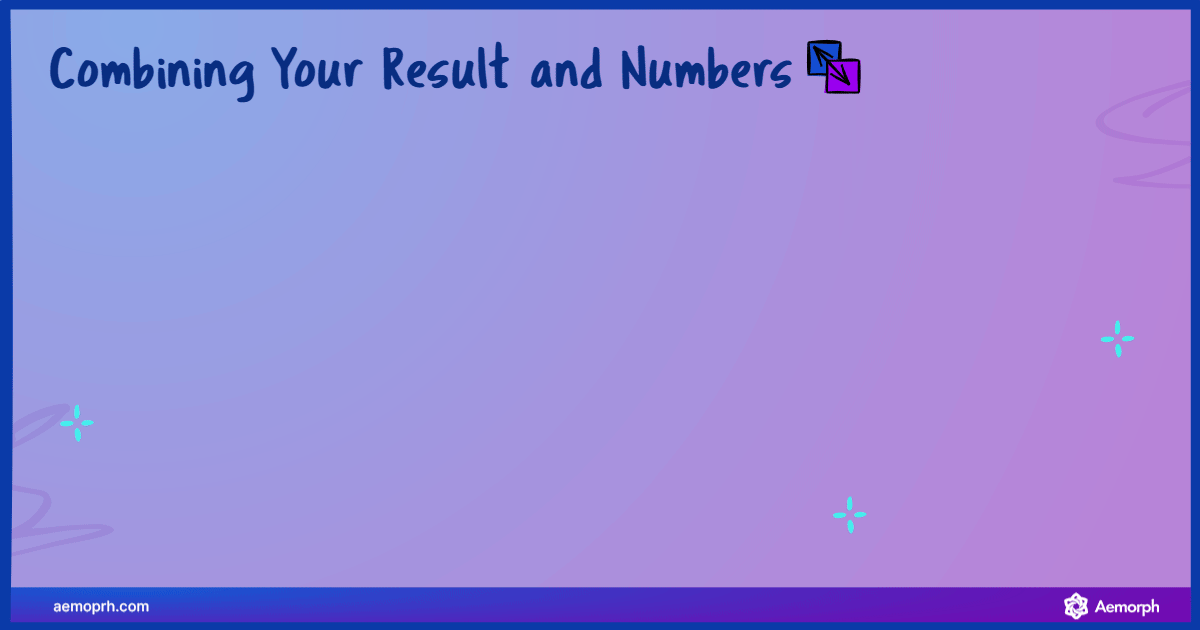
(Adapting and crossing the data of your website with the flexibility of detail will help you learn more about market change as well)
Track, Analyze, and Thrive: Take Control of Your SEO Journey with Informed Keyword Rankings
We’ve discussed a variety of methods to track keyword rankings suiting budgets and skill levels. Whether it’s starting with Google Search Console or scaling up to a paid solution, the key is to begin monitoring your rankings to inform and finesse your SEO strategy.
- Use free tools
- Manual tracking of your result
- Combine your tracking with paid tools
For more insights into SEO practices and to unlock the potential of your content’s visibility, subscribe to our blog and schedule a personalised consultation session to find your optimal tracking solution.









